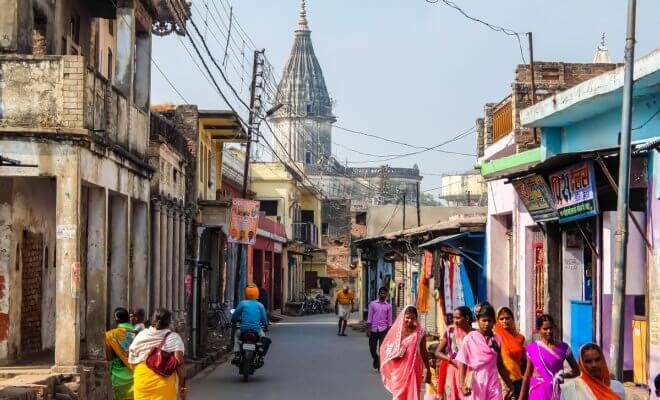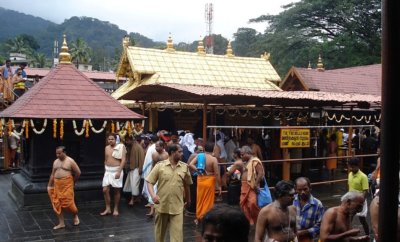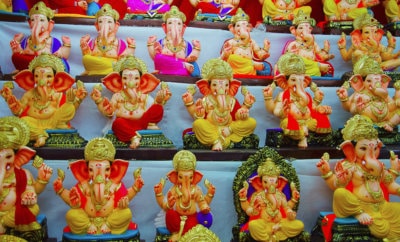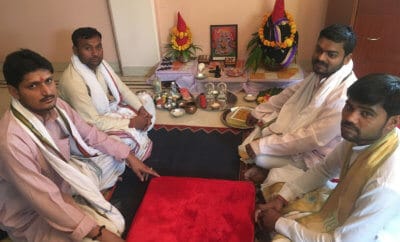India
India Court Sets Stage For Early Ruling On Contested Temple Site

Photo Credit: Bigstock
The rejection by the top court sets the stage for an early hearing on the dispute that's driven a wedge between India's majority Hindu population and Muslims and led to thousands of deaths in riots in the 1990s.
India’s top court refused to refer a dispute between religious groups over the ownership of land in the northern city of Ayodhya to a Constitution bench, setting the stage for the possibility of a verdict on the controversial site before next year’s election.
A majority ruling by a three judge bench headed Chief Justice Dipak Misra said the court will only decide ownership of land and it didn’t see any need to review merits of a 1994 judgment which held that a mosque is not essential to the practice of Islam. Justice Abdul Nazeer dissented and said the matter should be referred to a larger number of judges.
The rejection by the top court sets the stage for an early hearing on the dispute that’s driven a wedge between India’s majority Hindu population and Muslims and led to thousands of deaths in riots in the 1990s. The case relates to an attempt to build a Hindu temple on the site of Ayodhya’s partially-destroyed mosque and a verdict before the 2019 polls could potentially influence the election’s outcome.
“It will be used as a major issue to polarize the voters by the BJP and Mr. Modi,” said Nilanjan Mukhopadhyay, an analyst who has written a book about the mosque’s demolition, as well as a biography of Prime Minister Narendra Modi. “Today’s verdict does not raise a fresh hurdle in the path of a speedy legal solution, but there are other complications.”
Hindu groups have said the medieval-era mosque at the disputed site was built over the ruins of a temple that marked the birthplace of their god, Lord Ram. Hindu mobs razed the 16th-century Babri mosque in 1992 triggering riots that killed at least 2,000 people, mostly Muslims. It also marked the emergence of the Hindu nationalist Bharatiya Janata Party as a force in national politics. The ruling BJP promised to build a temple at the disputed site in its 2014 election manifesto.
Modi’s government has faced calls to move more quickly on its promise to get the temple built ahead of next year’s election, while the political opposition wants any ruling to be delayed until after voting takes place.
On the Muslim side, a petitioner argued that a 1994 judgment of the Supreme Court, which ruled that a mosque isn’t essential to the practice of Islam, must be reconsidered by a Constitution bench. A Constitution bench has of at least five judges, whereas Supreme Court judges usually decide matters in groups of two or three.
While the Muslim group said the two-decade old verdict prejudiced their case, Hindu groups and the BJP-ruled northern state of Uttar Pradesh had opposed the plea saying the request was only a way to delay the case. Ayodhya is in Uttar Pradesh.
The top court said the case will continue to be heard by a three-judge bench late next month.
(c) 2018, Bloomberg




You must be logged in to post a comment Login